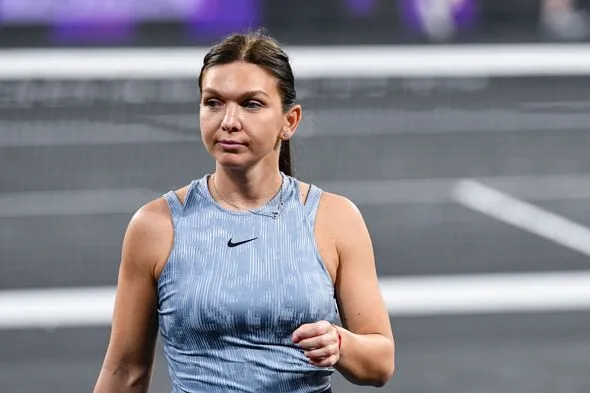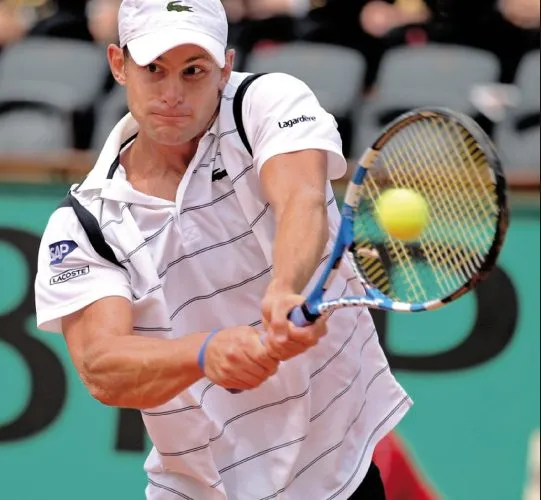Iga Swiatek’s Doping Controversy: Halep And Roddick’s Support
The doping controversy surrounding Iga Swiatek continues to stir debate in the tennis world. While the Polish star received a one-month suspension after testing positive for a banned substance, the issue has not dissipated, especially after former World Number 1 Simona Halep made explosive claims regarding the unequal treatment of players in similar situations. Halep, […]

The doping controversy surrounding Iga Swiatek continues to stir debate in the tennis world. While the Polish star received a one-month suspension after testing positive for a banned substance, the issue has not dissipated, especially after former World Number 1 Simona Halep made explosive claims regarding the unequal treatment of players in similar situations. Halep, who herself faced a lengthy suspension in the past, has voiced her frustration about the discrepancy in the treatment of Swiatek’s case versus her own.
Halep’s Explosive Allegations of Bias
Simona Halep’s doping saga began when she tested positive for a banned substance and was handed a four-year ban. However, her suspension was later reduced to nine months, casting a shadow over her career. Halep has expressed dissatisfaction with the way the authorities handled Swiatek’s case, feeling that the high-profile player received preferential treatment. In a recent interview she stated, “The woman player, I don’t want to give name; you know about who I’m talking about; she had the three-week suspension, then she played two events, and then she gets again suspension. What is this? I mean, I don’t understand. So I feel it is not fair.”

Halep’s anger is rooted in what she perceives as unequal treatment, as her case was handled much more severely than Swiatek’s, despite the similarities in the circumstances. She continued to criticize the ITIA’s decision-making process, referring to her own case as a painful injustice. This has sparked further debate about the fairness of how the tennis authorities deal with doping violations.
Andy Roddick Defends Iga Swiatek
Amid the controversy, Iga Swiatek has found support from tennis legends like Andy Roddick, who has publicly defended the Polish player. Roddick strongly criticized the media and fans who labeled Swiatek’s positive test as “doping.” Swiatek’s sample contained only a minute trace of the banned substance, and Roddick emphasized that it should not be classified as doping. He likened the situation to an accidental contamination, saying, “I can’t call it doping. It’s like taking a melatonin for jet lag at 2:30 in the morning… think about how many things had to go wrong for Iga Swiatek to get popped for melatonin and something that was contaminated.” He expressed frustration with how the incident had been blown out of proportion, noting that Swiatek had tested negative in other major tournaments, such as the Olympics in Paris and the US Open in New York.

Roddick further criticized the attention the case received, pointing out that the substance involved was minuscule and that the negative publicity around Swiatek was unfair. He urged the tennis world to move past the incident, stressing that Swiatek is not a repeat offender and should not be judged based on this one isolated incident.
Swiatek Focused on Returning to Form
With the doping controversy behind her, Iga Swiatek is now determined to refocus on her career and continue her quest to reclaim the top spot in the WTA rankings. Despite the setbacks caused by the scandal, Swiatek’s resolve remains strong as she heads into the 2025 season. With support from peers like Roddick and backing from her fans, Swiatek will look to put the controversy in the rearview mirror and focus on reclaiming her position as one of the sport’s most dominant players.

The ongoing debate highlights the complexities of dealing with doping violations in professional sports, particularly when the cases involve high-profile players. While Swiatek has been cleared of significant fault, Halep’s criticisms suggest that the issue of fairness in handling such incidents is far from resolved.











































